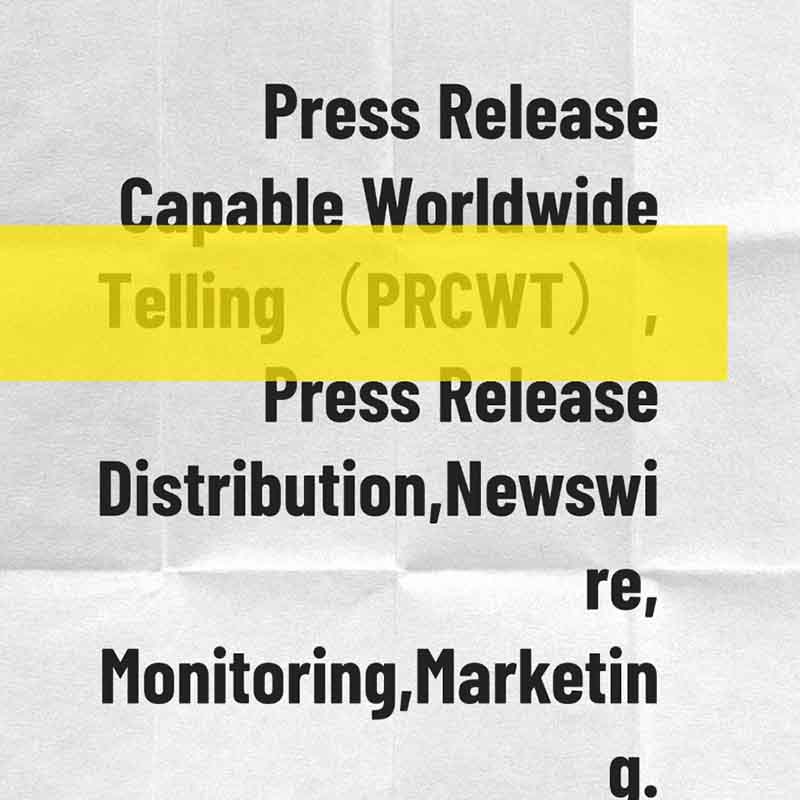In today's highly competitive business landscape, brands are constantly seeking innovative ways to stand out and connect with their target audiences. One of the most significant forces shaping the future of branding is technology. From advanced analytics to immersive digital experiences, technology is transforming the way brands communicate, engage, and build relationships with consumers.
According to recent industry data, the global digital marketing market is expected to reach a value of $639.4 billion by 2025, growing at a CAGR of 16.5% from 2020 to 2025. This growth is being driven by the increasing adoption of digital technologies by businesses of all sizes, as well as the changing consumer behavior and preferences. Consumers are now more likely to engage with brands through digital channels such as social media, mobile apps, and online video, and they expect a seamless and personalized experience across all touchpoints.
To succeed in this digital age, brands need to embrace technology and leverage it to create meaningful and engaging experiences for their consumers. This requires a deep understanding of the latest digital trends and technologies, as well as a strategic approach to brand building and marketing. By investing in digital marketing, brands can reach a wider audience, build brand awareness, and drive customer engagement and loyalty.

One of the key trends in digital marketing is the use of artificial intelligence (AI) and machine learning (ML). AI and ML are being used to personalize the customer experience, optimize marketing campaigns, and predict consumer behavior. For example, AI-powered chatbots can provide 24/7 customer support, while ML algorithms can analyze customer data to identify patterns and insights that can be used to improve marketing strategies.
Another important trend in digital marketing is the growth of social media. Social media platforms such as Facebook, Instagram, and Twitter have become an integral part of the digital marketing landscape, and brands are using them to build brand awareness, engage with customers, and drive sales. Social media marketing allows brands to reach a highly targeted audience, build relationships with consumers, and create buzz around their products and services.
In addition to AI, ML, and social media, other digital technologies such as augmented reality (AR), virtual reality (VR), and the Internet of Things (IoT) are also having a significant impact on branding. AR and VR are being used to create immersive brand experiences, while the IoT is being used to connect brands with their products and customers in real-time.
To illustrate the power of technology in branding, let's take a look at some of the successful case studies. Coca-Cola, for example, has used social media and digital marketing to build a global brand and engage with consumers on a deeper level. The company has created engaging social media campaigns, such as the "Share a Coke" campaign, which has generated billions of social media impressions and increased brand awareness.
Another example is Apple, which has used technology to create a unique and differentiated brand experience. The company's products are known for their sleek design, intuitive user interface, and advanced technology, which has helped it build a loyal customer base and a strong brand reputation.
In conclusion, technology is playing a crucial role in shaping the future of branding. By embracing the latest digital trends and technologies, brands can create meaningful and engaging experiences for their consumers, build brand awareness, and drive customer engagement and loyalty. As the digital landscape continues to evolve, it will be essential for brands to stay ahead of the curve and adapt to the changing consumer behavior and preferences.